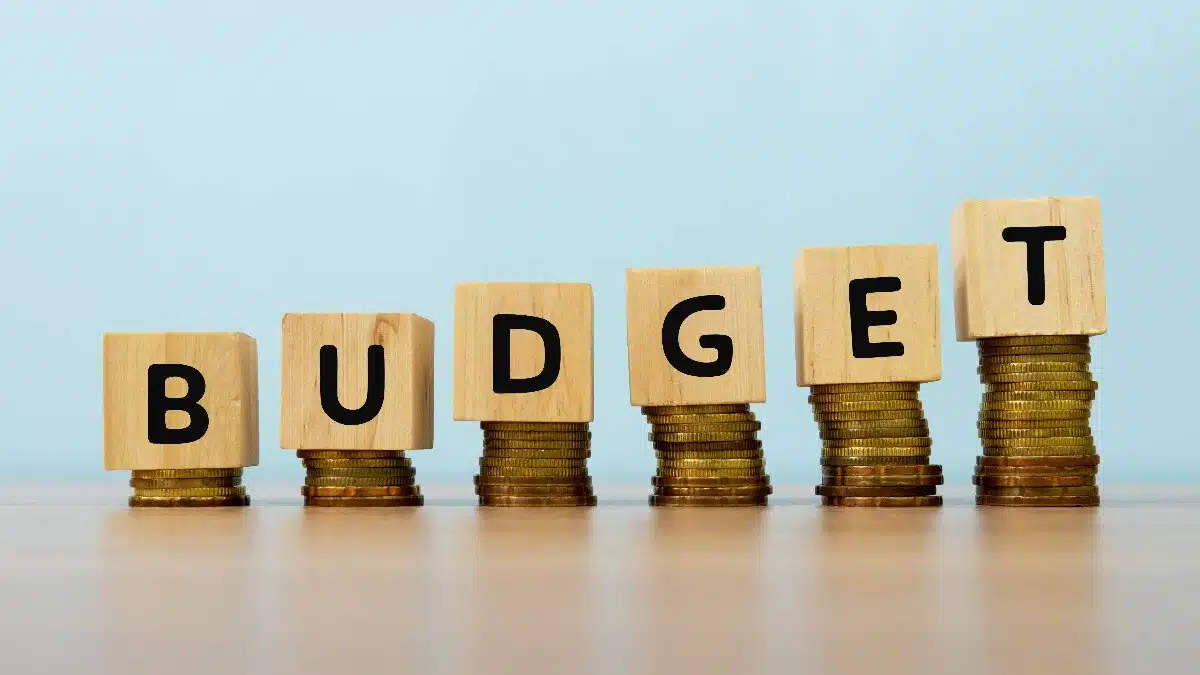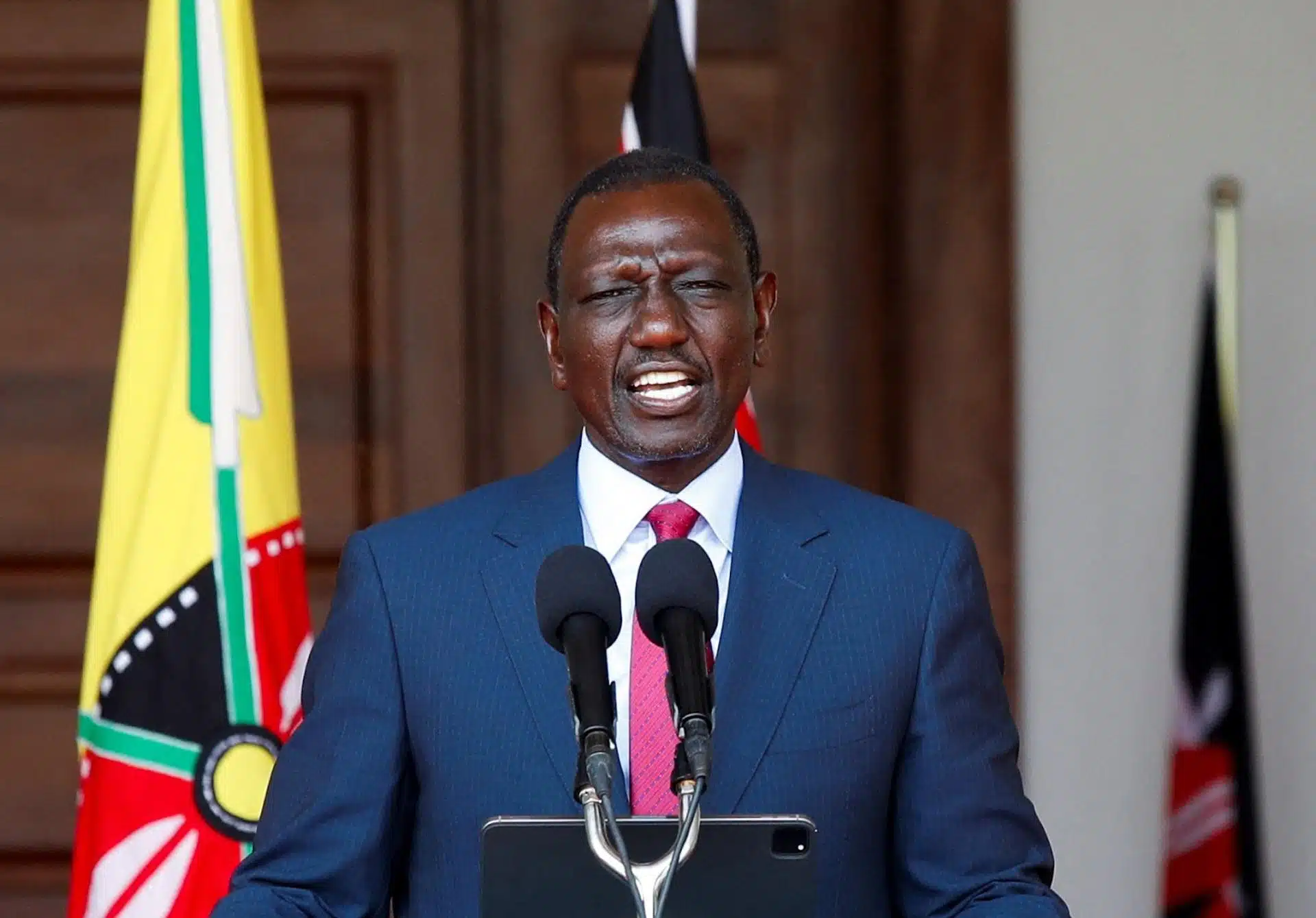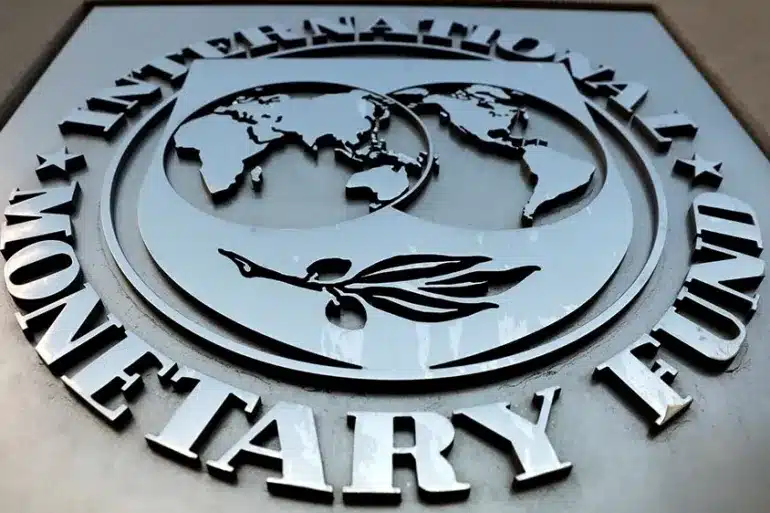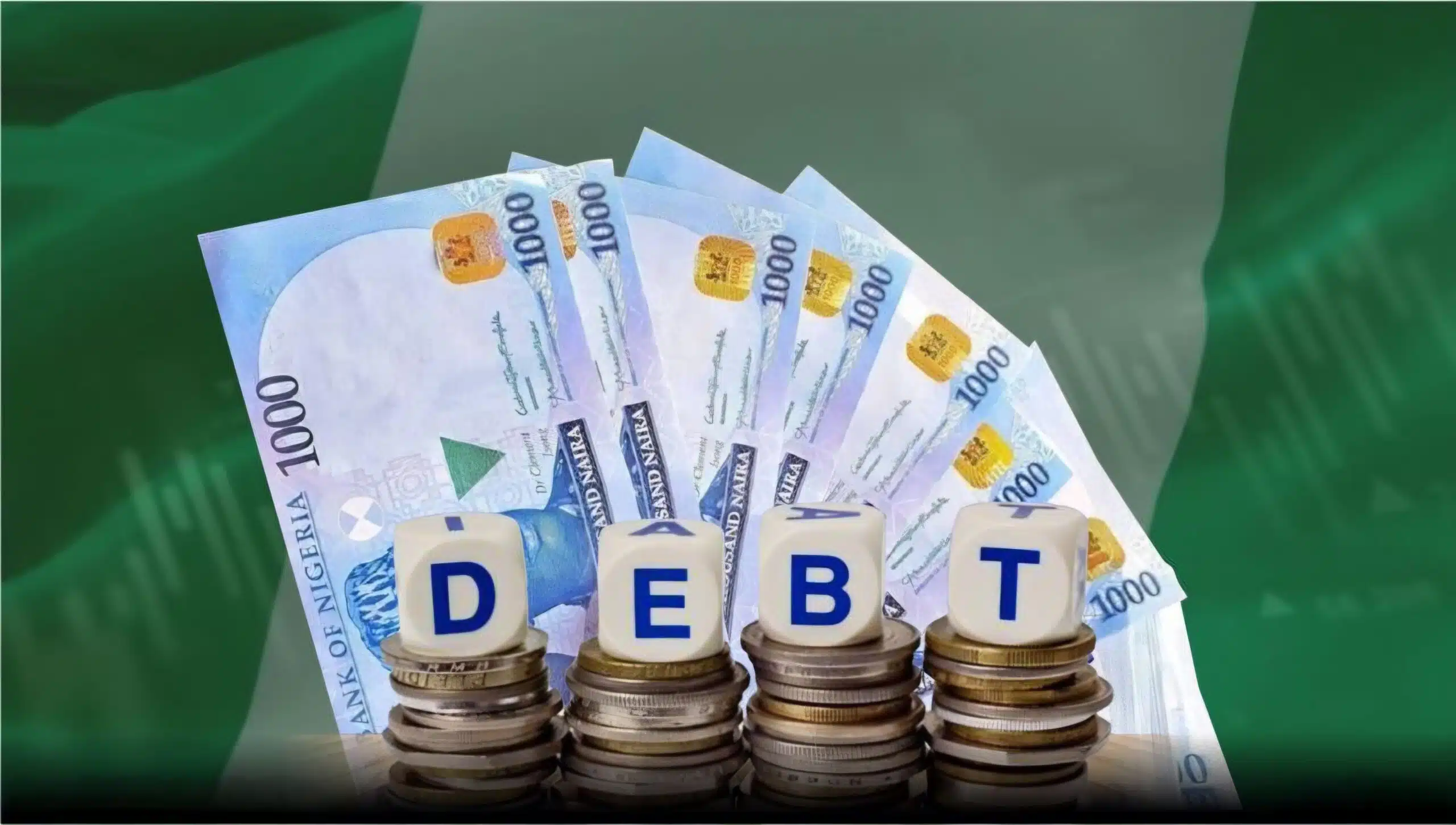South Africa’s National Treasury is now considering alternative revenue-raising options to the proposed VAT increase, following a tumultuous budget process that reached a significant impasse last week.
Despite securing parliamentary approval for the fiscal framework on Wednesday, the future of President Cyril Ramaphosa’s budget is increasingly uncertain, as the ruling coalition faces opposition from its second-largest party, the Democratic Alliance (DA).
On Sunday, President Ramaphosa stated that the Treasury would explore alternatives to the proposed 1% VAT hike, set to unfold over two years.
“We will look at all ways and means of seeing whether that is possible or not,” the president said on social media.
However, with the Treasury’s initial analysis showing little room for alternatives, the chances of avoiding the VAT hike seem slim.
“That process will be engaged in for the next 30 days, and it’s only thereafter that the report will be available,” Ramaphosa added.
The budget’s approval came on the heels of intense political wrangling, with the African National Congress (ANC) relying on smaller coalition parties to push the fiscal framework through the National Assembly.
But the victory was not without cost.
The DA, which had been an integral partner in the ANC-led coalition, rejected the VAT increase, arguing that it would disproportionately impact the poorest citizens.
The DA’s opposition prompted the filing of a court case on Thursday, seeking to block the VAT hike and challenging the legality of the budget process itself.
This has widened rifts within the fragile coalition, fuelling fears that the DA may eventually withdraw from the alliance altogether.
The budget process has been fraught with contention since its revision in February, and last week’s developments only deepened investor concerns.
The rand has weakened, and bond yields have risen in response to growing uncertainty over the future of the multi-party government.
This latest budget turmoil highlights the growing friction between the ANC, which has traditionally pushed for higher taxes to fund social programmes, and the DA, which advocates for lower taxes and less government interference in the economy.
Despite the deep divisions, Ramaphosa remains committed to passing the budget.
However, as the Treasury’s exploration of alternatives to the VAT hike drags on, the road to a final resolution remains unclear.
With the next steps slated for review in 30 days, both political analysts and financial markets will be closely monitoring the situation.
As things stand, the question remains: can South Africa stabilise its fiscal health without triggering a full-blown political crisis?











